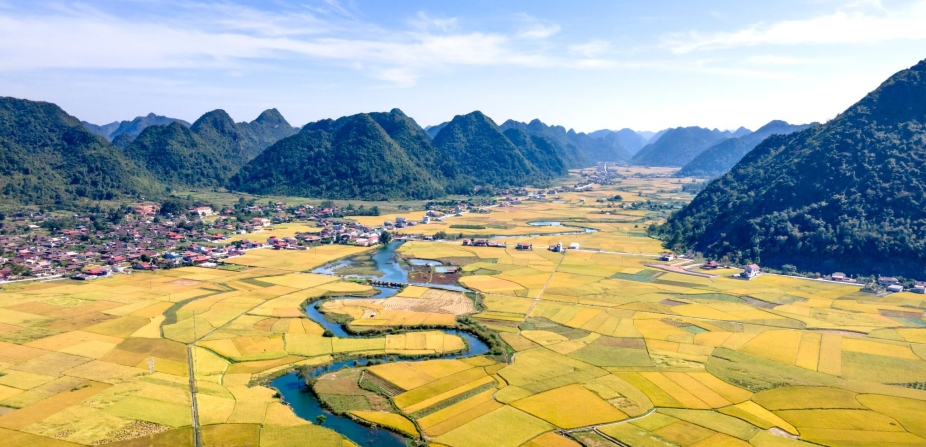Terrestrial Sciences Section

Who We Are
The Terrestrial Sciences Section (TSS) is part of CGD at the NSF National Center for Atmospheric Research (NCAR) in Boulder, Colorado. TSS consists of researchers who explore topics related to the land surface. This involves the development of models and use of observations to support Earth systems research of natural and managed terrestrial ecosystems through improving scientific understanding of the carbon, water, and nutrient cycles, land use and land cover change, land-atmosphere interactions, and model uncertainty.
Researchers in TSS develop and use appropriate multiscale models of varying complexity, utilizing remote sensing, advanced analytical techniques, and observations to study the role of the terrestrial biosphere in the Earth system. Section members are involved in developing the land/vegetation model used in the Community Earth System Model (CESM). This model, the Community Land Model (CLM), includes biogeophysics, biogeochemistry (carbon, nitrogen, dust, volatile organic compounds), hydrology, disturbance, land use, agriculture, and vegetation dynamics.
Much of the research conducted in our section and the knowledge generated from work in our lab informs our understanding of ecosystems and human landscapes. TSS provides a focal point for CGD and university ecological and hydrological research and serves as a resource to these communities in the use of CESM. A growing body of research in TSS is engaging with (and sponsored by) stakeholder communities, including water resources, forestry and wildfire hazards, agriculture, and fisheries, among others, to respond to their environmental concerns.
Our Mission
To advance scientific understanding of the role of the terrestrial system and related human activities in the Earth system through research, education, and outreach, while working in a collaborative and interdisciplinary environment.
Specific Goals
- Develop state-of-the-art models and tools, combined with novel use of observations to study the exchanges of energy, momentum, and materials between the land and the atmosphere, hydrosphere, cryosphere and oceans.
- Coproduce and communicate the results of our research to policymakers, stakeholders, and the public to provide useful information about terrestrial systems.
- Develop and offer training and tutorials for research tools that enhance and support the broader community of researchers.